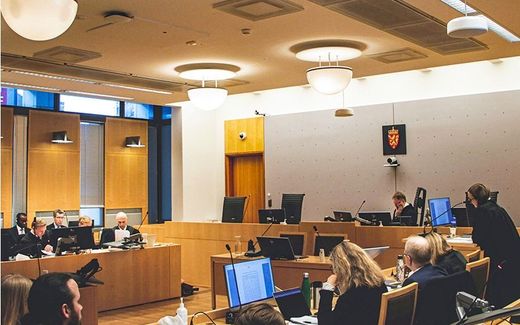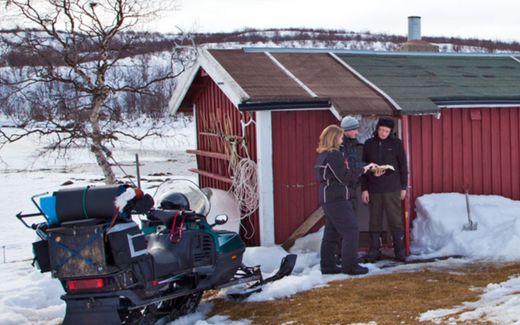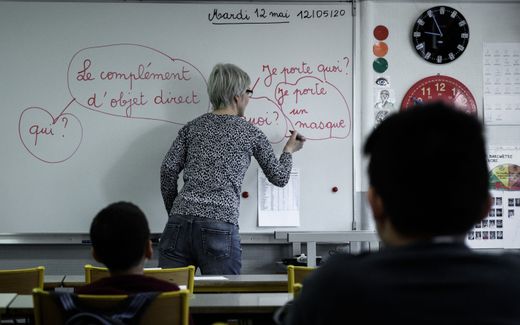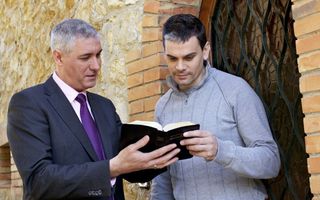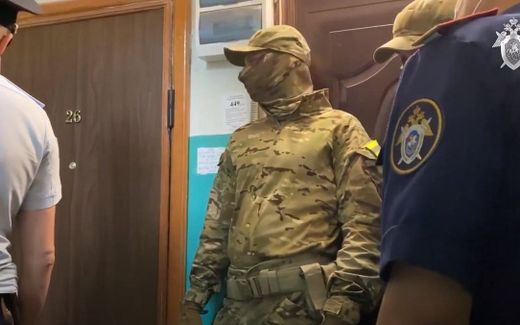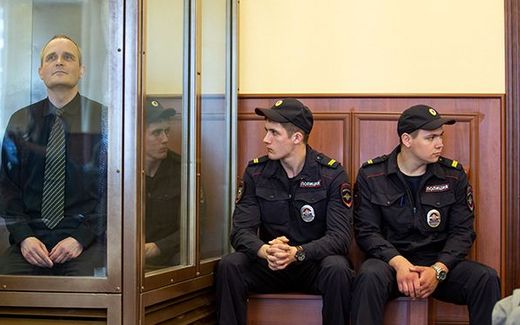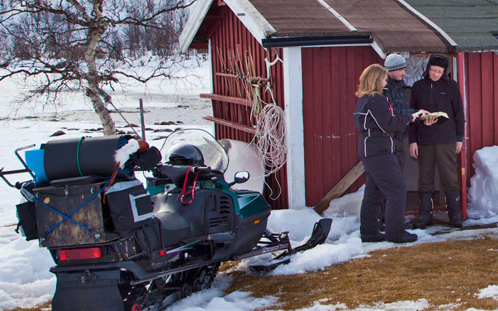Must the Norwegian state protect the children of Jehovah’s Witnesses?
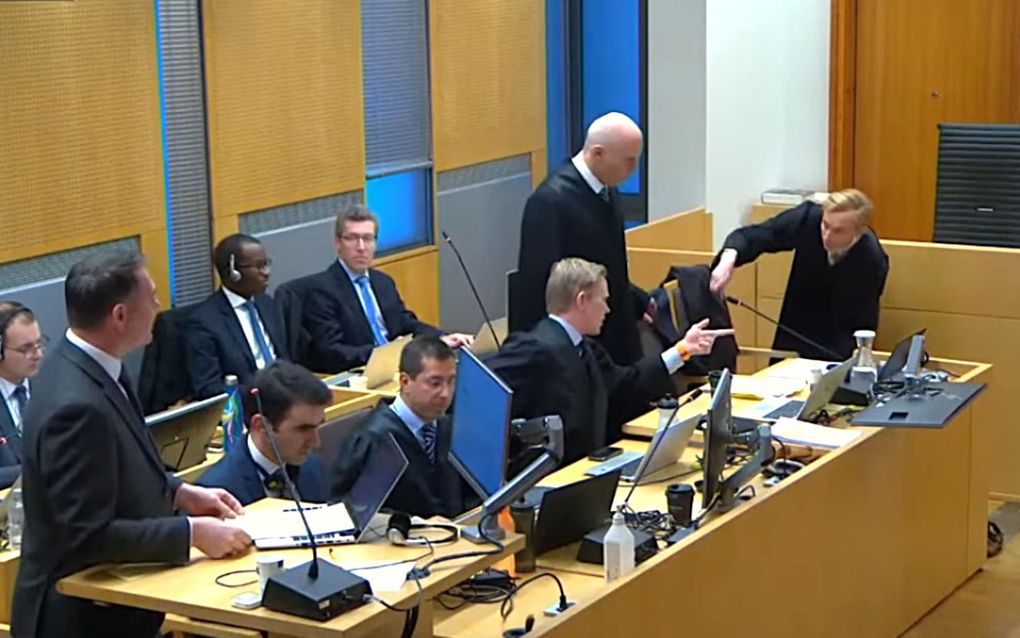
The Oslo court in session about the Jehovah's Witnesses earlier this month. Photo YouTube
Northern Europe
The 12,000 Jehovah’s Witnesses in Norway will be waiting nervously for another three weeks. The court in Norway will come with a decision about the Jehovah’s Witnesses (JWs) mid-March. But experts already know that this verdict on religious freedom in Norway will be historic and crucial.
Stay up to date with Christian news in Europe? Sign up for CNE's newsletter.
Two years ago, the state stopped funding JWs. Reason: Jehovah’s Witnesses commit psychological violence against minors, the state says. In February, the court spent no less than two weeks dealing with the case.
Teenagers are often baptised around the age of fourteen and can be subject to discipline from that moment on. If they are excluded, other witnesses are not even allowed to greet them, let alone have any contact with them. The words used for this are disfellowshipping and shunning.
Religious communities in Norway are allowed to have their own views on exclusion, says the state. But the JWs make free withdrawal too difficult. There are too many obstacles. Moreover, they frighten children into thinking they will never see their mum and dad again if they do not abide by the rules. And that permanent fear is psychological violence. The state sees it as its job to protect minors from this.
Money
In the Norwegian system, all registered faith groups receive the same amount of money from the government, calculated according to the number of members. Marriages may be solemnised in all these churches and Kingdom Halls. In this way, the country guarantees religious equality. The king must still be a member of the Lutheran Church, but that is the only reminder of the time of the state church.
But in 2022, the government withdrew the recognition of Jehovah’s Witnesses. That is not just about 1.3 million euros a year. It also means that young couples must get married in a different church or at the town hall. It even leads to the absurd situation that Norwegian JWs not only pay their own expenses but also contribute to all kinds of other churches through their taxes.
Of course, it is about more than money and a few wedding services. A court conviction is also a stigma. Many Jehovah’s Witnesses will have already heard it at the doors: You are a danger to the safety of our children.
The state attorney called witnesses to the hearing. They came from many countries—from Finland to France, from Iceland to the United States—to tell how terrible their childhoods were.
These testimonies from former JWs are, of course, authentic and impressive stories. But what do they actually prove? Many adults can talk about sadness in their youth. How about people who grew up in a family of a judge, a journalist, or a pastor? They can also open up about their experiences. Moreover, none of the testimonies were examined for factual accuracy. So, it all remains anecdotal.
In this court case, many Christians in Norway support Jehovah’s Witnesses and their communities. This was expressed most sharply by Vebjørn Selbekk, editor-in-chief of the Christian daily newspaper Dagen. He calls it “cowardly” to punish the Jehovah’s Witnesses. After all, this is an isolated group to which no party or movement is committed. For him, it is a matter of honour to protect the Jehovah’s Witnesses from the state’s abuse of power.
Guard rails
Now, freedom of religion is never absolute. Believers are free within the boundaries of the law. Having faith is like driving on the motorway; there are lines and guard rails along the road to keep you on track. The Norwegian Act on Religious Communities rightly contains conditions, among others, that children’s rights must be respected.
This was precisely what the court discussion was about. Children’s rights are enshrined in law. Are those rights violated when adults tell shocking facts from their childhood? Or are those rights violated when Jehovah’s Witnesses, in their teaching, call families for breaking the law?

In a constitutional state, of course, the latter is essential. The democratic state does not have the authority to control religions, but it does have the authority to ensure citizens obey the law. According to the Witnesses’ lawyer, however, such a violation of the law has not been established at all.
What is interesting, too, is the fact that the state wants to protect minors against fear and psychological violence. Is that the duty of the state? During my youth in the Cold War, the world was full of fear of the atomic bomb (which never came). And nowadays, the state is spreading fear of a climate crisis. I find it strange if the state says in the courtroom that it must protect minors against fear.
While awaiting the verdict, we can reflect on a few things. First of all, children’s rights are becoming more critical. Sooner or later, this will hinder religious groups. In various European countries, for example, there is a call to ban (male) circumcision. Today, a plea for such a ban already sounds plausible.
Further, the question arises as to whether it would not be better for churches to simply work with their own money. In all countries where churches receive subsidies from the state, there is tension over government interference. That tension increases as soon as the gap between the church’s values and the political ideals widens. It is better to be free then.
We wish the judges in Oslo wisdom.
Related Articles


